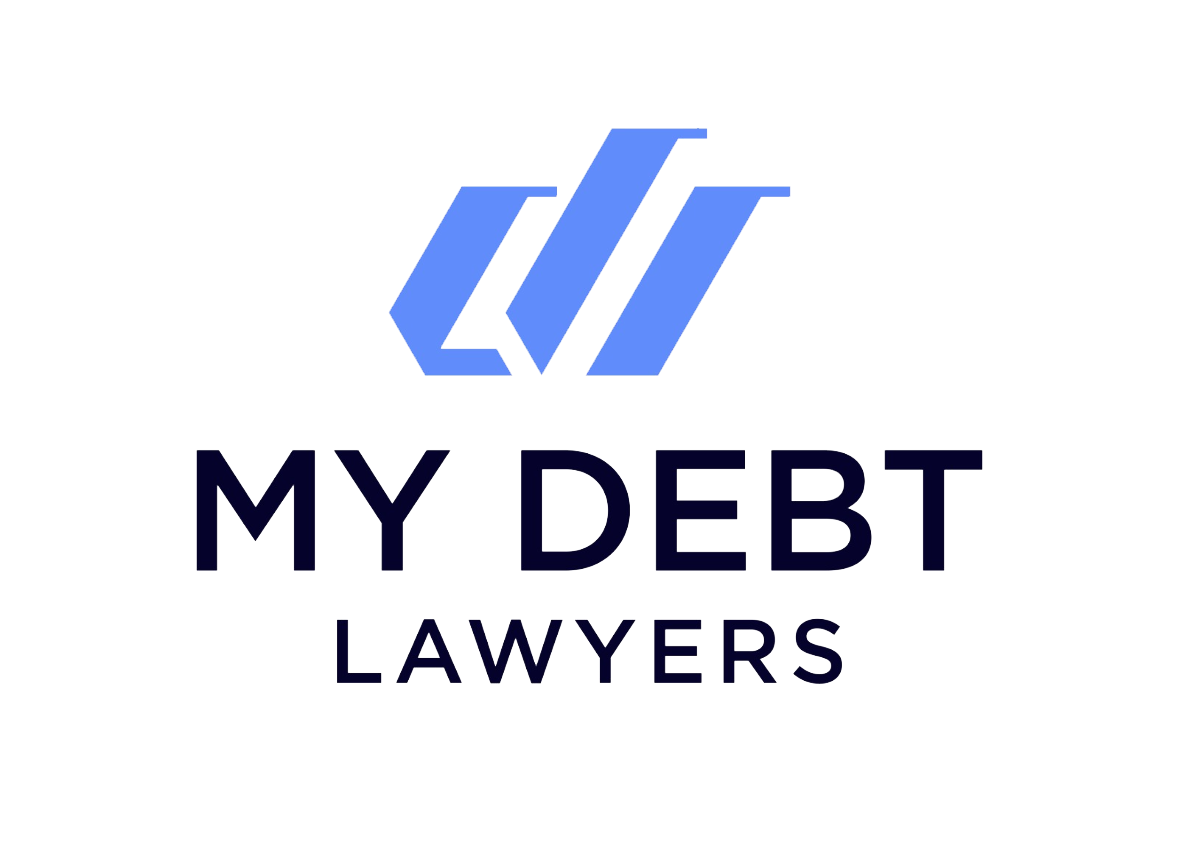Understanding the Fair Credit Billing Act
What is the FCBA?
The Fair Credit Billing Act (FCBA) is a federal law designed to shield consumers from common billing errors and unfair billing practices associated with specific types of credit. Many American consumers are often preyed upon by predatory lending practices from large banks and other creditors. Fortunately, the FCBA provides robust protection for consumer rights and helps maintain creditworthiness.
Initially added as an amendment to the Truth in Lending Act (TILA) in 1974, the FCBA outlines what constitutes billing errors and provides guidelines for both consumers and lenders on how to resolve these issues. Additionally, it serves as a protective measure for consumers in the event of disputes.
Key Protective Measures of the FCBA
Protection from Unfair Billing: The FCBA is part of the TILA and aims to protect consumers from unfair billing practices. Coverage for Open-End Credit Accounts: It provides safeguards for those with open-end credit accounts like credit cards, allowing them to dispute billing errors.
Adjustment of Valid Disputes: If a dispute is valid, the bill is adjusted, potentially resulting in a credit for the disputed amount or part of it.
Responsibilities: Both the consumer and the original creditor must document and acknowledge dispute letters promptly.
Types of Billing Errors Covered by the FCBA
- The FCBA covers billing errors on open-ended accounts such as credit cards, charge cards, and home equity lines of credit
- (HELOC). However, it does not cover debit transactions or installment loans like auto loans. Protections include:
- Unauthorized charges on a billing statement.
- Incorrect transaction dates or amounts.
- Creditor accounting mistakes.
- Failure to send required billing statements.
- Charges for undelivered or rejected goods and services.
- Missing credits for returned merchandise or payments.
- It’s important to note that the FCBA does not cover complaints about the quality of goods or services. Disputing a billing
- error under the FCBA is different from requesting a refund for policy disagreements or service issues.
Why the FCBA Matters for My Debt Lawyers’ Clients
At My Debt Lawyers, our attorneys leverage laws like the FCBA within the TILA to uncover how creditors often infringe on basic consumer rights. We are dedicated to finding the best legal solutions to uphold your rights and combat unfair practices.
Creditors Beware: The Law That Protects You From Abusive Debt Collection Practices
What is the FDCPA?
The Fair Debt Collection Practices Act (FDCPA) is a federal law that protects consumers from abusive debt collection practices. Enacted in March 1978, the FDCPA limits the actions of third-party debt collectors attempting to collect debts on behalf of another party.
Key Guidelines of the FDCPA
- Regulations on Contact: The FDCPA controls when, how, and which methods a debt collector can use to contact a debtor.
- Prohibition of Harassment: Debt collectors cannot harass, threaten, or use profanity while attempting to collect a debt.
- Consumer Rights: If a debtor feels harassed or that their FDCPA rights are violated, they can sue the debt collector for statutory
- damages up to $1,000 per violation.
Types of Harassment Addressed by the FDCPA
The FDCPA protects against various forms of harassment from third-party debt collectors, including:
- Contacting before 8 am or after 9 pm.
- Excessive calls within a short period.
- Use of profanity or threats.
- Informing friends and family about the debt or seeking information beyond the debtor’s address.
- Threatening legal action without intent.
The FDCPA does not cover harassment by the original creditor unless in specific states like California or Florida. The act primarily holds third-party collectors accountable for their conduct.
Why the FDCPA Matters for My Debt Lawyers’ Clients
At My Debt Lawyers, our attorneys use laws like the FDCPA to identify violations by third-party debt collectors. We aim to build strong cases to protect your rights and seek damages that may cover your debts or provide additional compensation.
For more information on the Fair Debt Collection Practices Act, visit here
Creditors Beware: The Law That Protects You From Abusive Debt Collection Practices
What is the FDCPA?
The Fair Debt Collection Practices Act (FDCPA) is a federal law that protects consumers from abusive debt collection practices. Enacted in March 1978, the FDCPA limits the actions of third-party debt collectors attempting to collect debts on behalf of another party.
Key Guidelines of the FDCPA
- Regulations on Contact: The FDCPA controls when, how, and which methods a debt collector can use to contact a debtor.
- Prohibition of Harassment: Debt collectors cannot harass, threaten, or use profanity while attempting to collect a debt.
- Consumer Rights: If a debtor feels harassed or that their FDCPA rights are violated, they can sue the debt collector for statutory
- damages up to $1,000 per violation.
Types of Harassment Addressed by the FDCPA
The FDCPA protects against various forms of harassment from third-party debt collectors, including:
- Contacting before 8 am or after 9 pm.
- Excessive calls within a short period.
- Use of profanity or threats.
- Informing friends and family about the debt or seeking information beyond the debtor’s address.
- Threatening legal action without intent.
The FDCPA does not cover harassment by the original creditor unless in specific states like California or Florida. The act primarily holds third-party collectors accountable for their conduct.
Why the FDCPA Matters for My Debt Lawyers’ Clients
At My Debt Lawyers, our attorneys use laws like the FDCPA to identify violations by third-party debt collectors. We aim to build strong cases to protect your rights and seek damages that may cover your debts or provide additional compensation.
For more information on the Fair Debt Collection Practices Act, visit here
